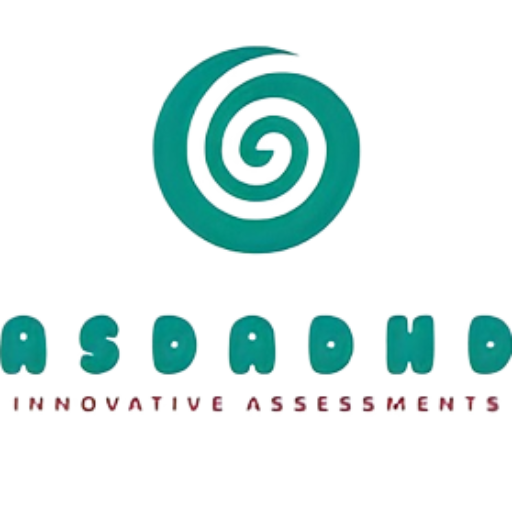24 Jun, 2023 | anishdr | No Comments
ADHD in Children: Signs, Symptoms, and Early Intervention
Introduction: Nurturing the Potential of Children with ADHD
Early identification and intervention are crucial for children with ADHD to help them overcome challenges, maximize their potential, and thrive in various aspects of life. In this comprehensive blog post, we will explore ADHD in children, including the signs and symptoms, different subtypes, the diagnostic process, evidence-based interventions, parental guidance, school support, seeking professional help, and the transformative power of early intervention.
Understanding ADHD: Decoding the Common Signs and Symptoms
ADHD is a neurodevelopmental disorder that affects children’s attention, impulse control, and hyperactivity levels. By understanding the common signs and symptoms, parents, educators, and healthcare professionals can identify potential ADHD in children. These may include difficulty focusing, impulsivity, hyperactivity, forgetfulness, and challenges with organization and time management.
Types of ADHD: Unveiling the Subtypes
ADHD can manifest in three subtypes: predominantly inattentive, predominantly hyperactive/impulsive, and combined. Each subtype presents unique characteristics, and recognizing these distinctions is vital for accurate diagnosis and targeted interventions. We will delve into the specific symptoms associated with each subtype and explore how they impact a child’s daily life.
Diagnosis and Assessment: The Path to Understanding
Diagnosing ADHD involves a comprehensive evaluation conducted by healthcare professionals specializing in neurodevelopmental disorders. We will discuss the diagnostic criteria, the role of parents and teachers in providing essential information, and the importance of a thorough assessment process to ensure an accurate diagnosis. Early identification allows for timely interventions and support.
Early Intervention Strategies: Paving the Way for Success
Early intervention is instrumental in helping children with ADHD navigate their challenges and reach their full potential. Evidence-based interventions, such as behavioral therapy, parent training, and educational accommodations, provide practical tools and strategies to manage symptoms and improve overall functioning. We will explore these strategies and highlight their effectiveness in addressing the specific needs of children with ADHD.
Parental Guidance: Empowering Support at Home and Beyond
Parents play a crucial role in supporting their child with ADHD. We will provide practical tips and guidance on creating a supportive environment at home, including establishing routines, managing transitions, implementing effective communication strategies, and fostering emotional well-being. Additionally, we will discuss the importance of collaboration between parents, teachers, and other caregivers to ensure consistent support for the child in various settings.
School Support: Building an Inclusive Learning Environment
Collaboration between parents, teachers, and school staff is essential in creating an inclusive and supportive learning environment for children with ADHD. We will explore the benefits of Individualized Education Plans (IEPs) and 504 Plans, which provide tailored accommodations and support in the academic setting. Strategies for effective classroom management, teacher-student communication, and promoting social-emotional well-being will also be discussed.
Seeking Professional Help: Nurturing Holistic Development
In addition to parental and school support, seeking professional help is crucial for comprehensive ADHD management. We will provide an overview of available treatment options, such as medication, therapy (e.g., behavioral therapy, cognitive-behavioral therapy), and support groups. By highlighting the importance of a holistic approach, we aim to empower parents and caregivers to explore the best options for their child’s individual needs.
Conclusion: Unlocking the Potential of Children with ADHD through Early Intervention
Early intervention is a transformative journey that unlocks the potential of children with ADHD. By recognizing the signs and symptoms, seeking timely diagnosis, and implementing evidence-based interventions, parents and educators can empower children to thrive academically, socially, and emotionally. Remember, early intervention sets the stage for lifelong success and well-being, providing children with ADHD the support they need to navigate challenges and embrace their unique strengths.

Write Reviews
Leave a Comment
No Comments & Reviews